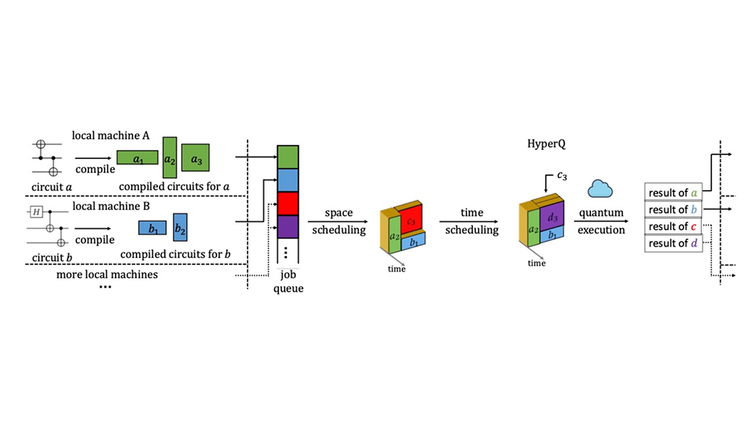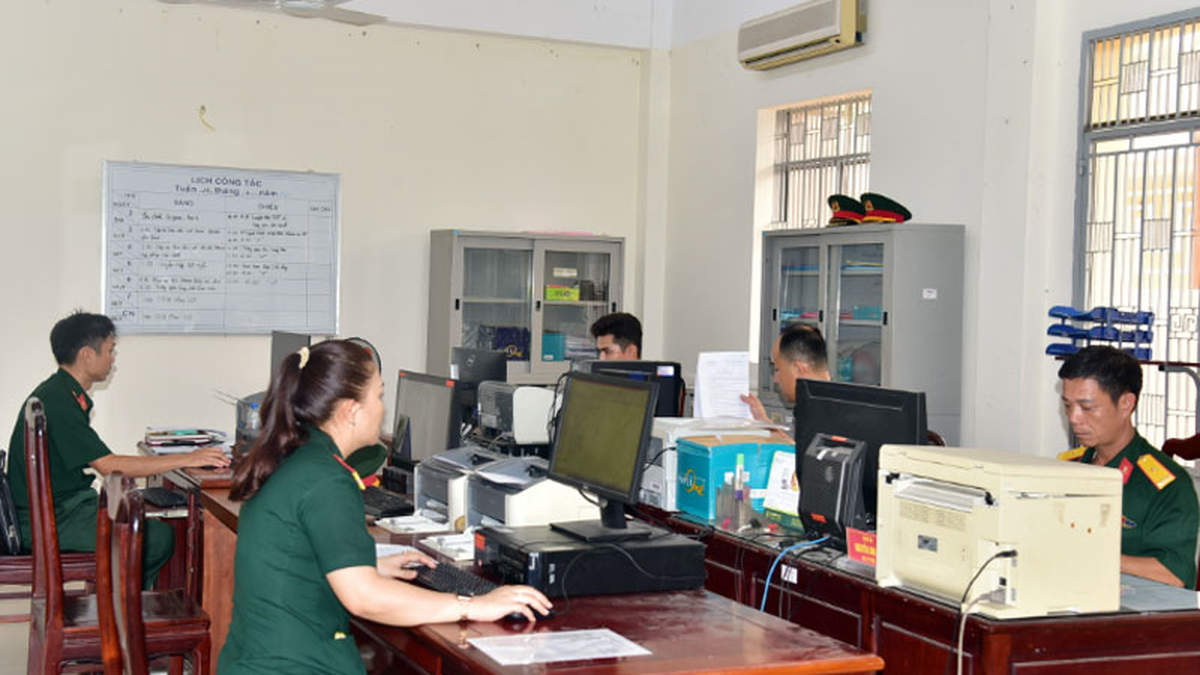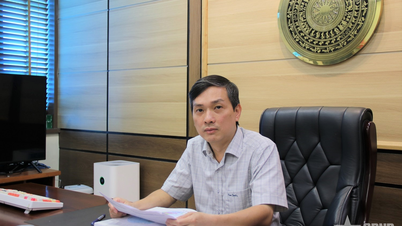Quantum computers are considered the pinnacle of technology with processing capabilities far superior to traditional computers. However, the biggest paradox is that these multi-million dollar machines can only serve one user at a time. That means most of the expensive hardware resources are wasted, and users have to “wait in line” for their turn to run each small task.
Recently, researchers at Columbia University (USA) announced a breakthrough solution called HyperQ - a system that allows quantum computers to run multiple tasks, allowing multiple users to access and process simultaneously on the same device. This is the first time in history that the resource sharing model - popular with cloud computing - has been successfully applied to practical quantum computing.

HyperQ acts as a middleware layer, dividing the physical quantum computer into multiple “quantum virtual machines” (qVMs). These qVMs are designed to be completely isolated, able to run different programs simultaneously without interfering with each other. An intelligent scheduling algorithm coordinates these tasks to the most efficient regions of the quantum chip – similar to how a cloud server distributes processing resources in a multi-user environment.
The team’s experiments on IBM’s real quantum infrastructure yielded impressive results: user wait times were reduced by up to 40 times, and the number of quantum programs executed in the same time frame increased by a factor of 10. In addition to improving speed, HyperQ also increased accuracy by automatically avoiding quantum noise zones – a problem that often causes errors in calculations.
The remarkable point is that HyperQ requires absolutely no rewriting of programs, no need to know in advance which tasks will run together – which makes the system flexible and easy to apply in practice.
Experts say the technology could provide a major boost to the commercialization of quantum computing. Infrastructure providers like IBM, Google, and Amazon could serve more customers without investing in additional hardware, reducing costs and expanding access. Meanwhile, researchers, especially in biomedicine, new materials, and energy, would benefit directly from the ability to quickly and continuously access quantum resources.
The development team said they are expanding the system to be compatible with many new quantum architectures, aiming to be able to share resources across all types of quantum computers, regardless of manufacturer.
HyperQ is seen as an important step forward in bringing quantum out of the lab, closer to its role as a real computing infrastructure in the post-silicon era.
Source: https://khoahocdoisong.vn/may-tinh-luong-tu-dau-tien-chay-da-nhiem-thanh-cong-post1553546.html






































































































Comment (0)